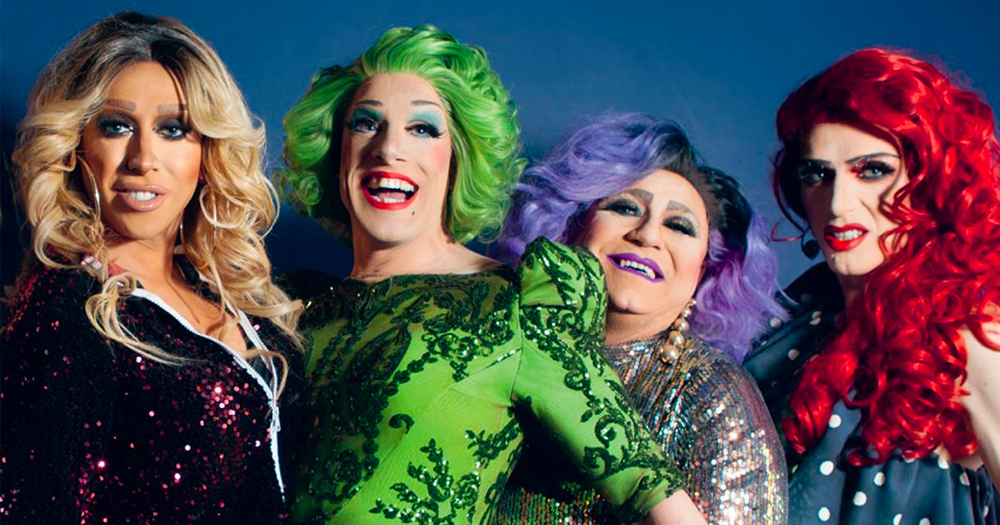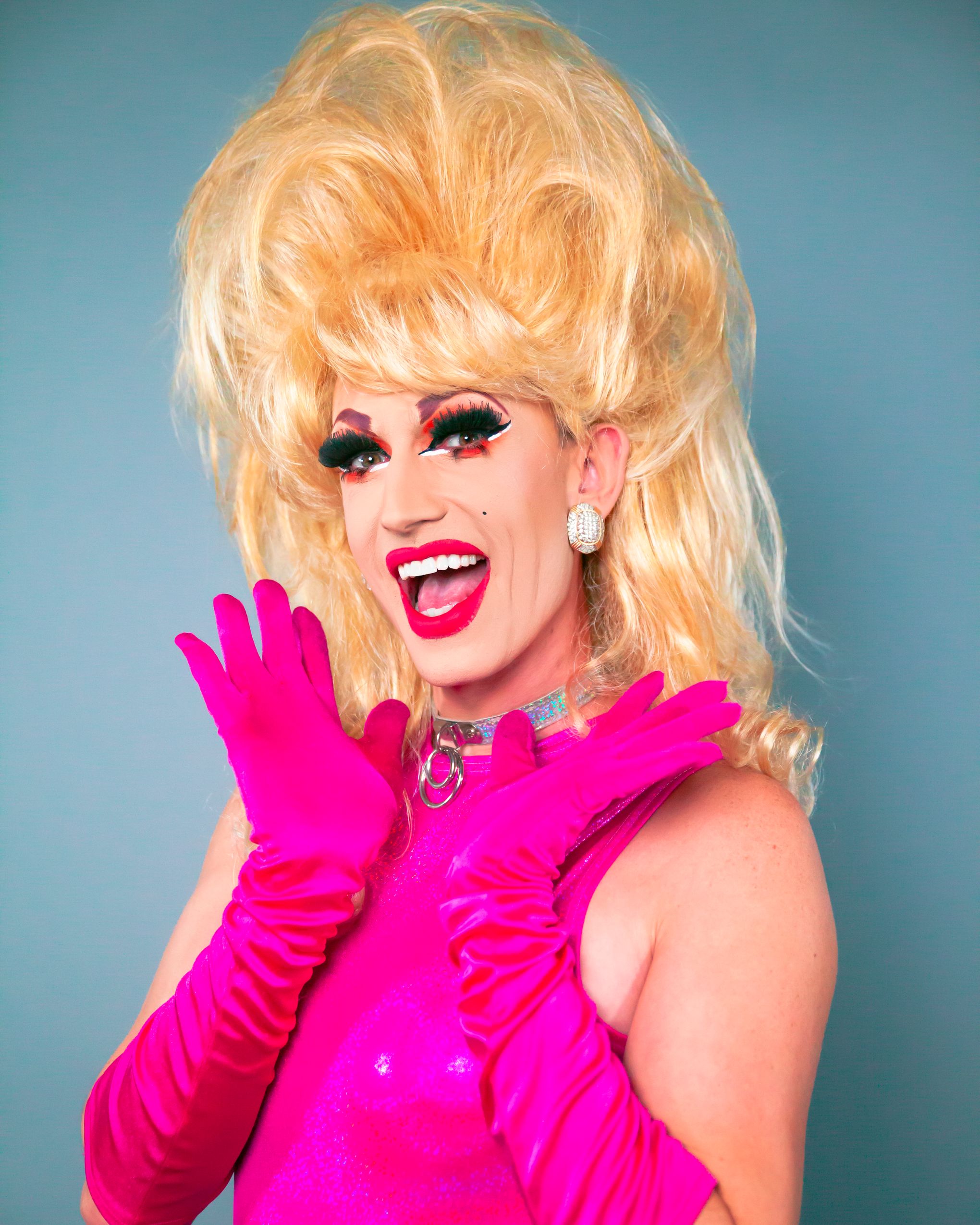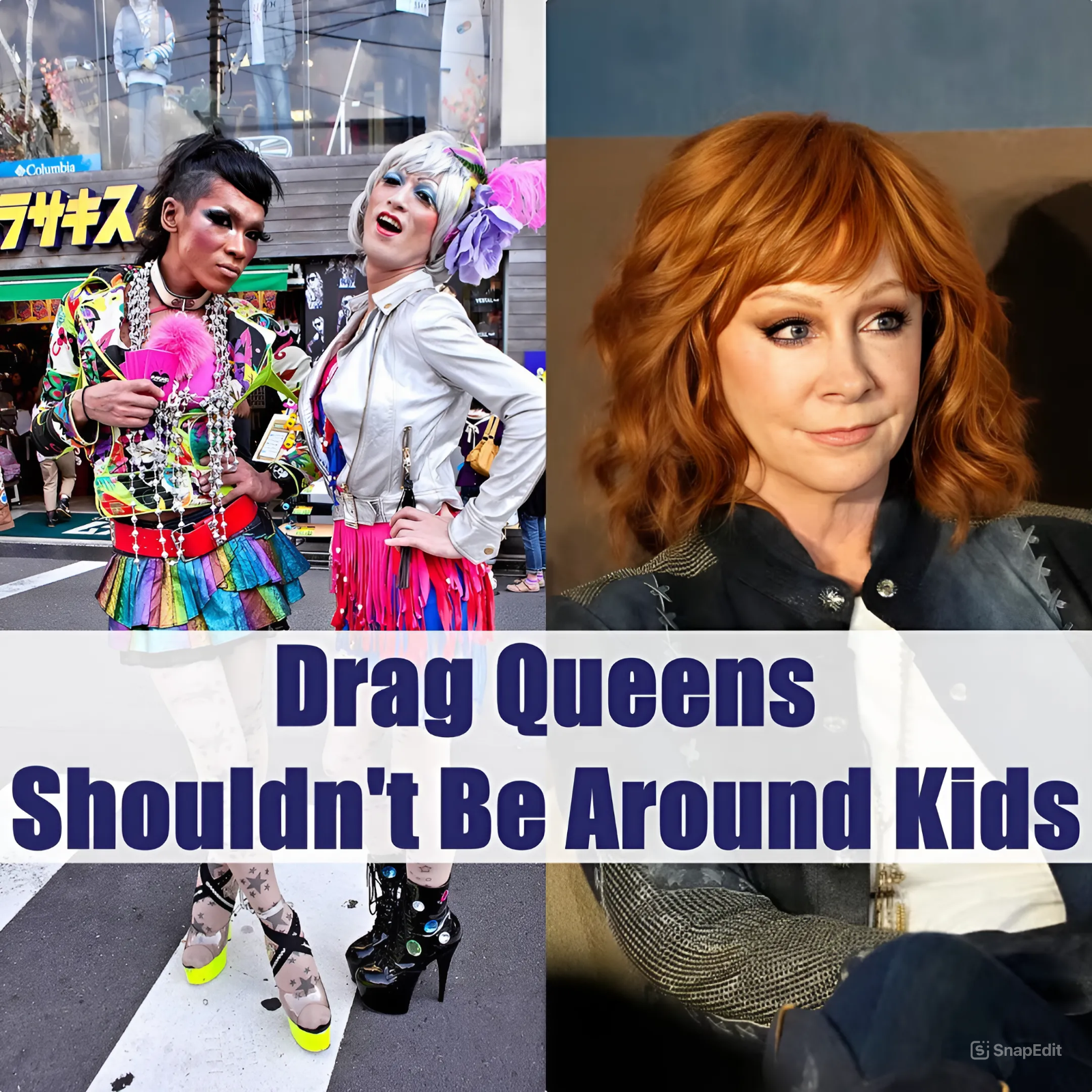Country music legend Reba McEntire has made headlines with her controversial remark regarding drag queens and their presence around children. The outspoken comment has ignited a heated debate across social media platforms and news outlets, polarizing opinions and fueling a national conversation about inclusivity, freedom of expression, and the role of drag culture in society.

“We’ve got a real problem in this country, and to be worrying about men wanting to dress up as women? God bless ’em to wear those high heels,” McEntire said.
McEntire voiced her strong opinions on the role of drag queens in environments where children are present. “Drag queens don’t belong in the presence of our kids,” McEntire declared, emphasizing her belief that such performances and interactions should be kept separate from young audiences. Her statement, delivered with the conviction that has long characterized her public persona, has been met with a storm of responses from both supporters and critics.
Country music superstar Reba McEntire says she tries to stay out of politics, but she can’t help being “disappointed” in the anti-drag bill recently signed into law by Tennessee Gov. Bill Lee.
“I wish they would spend that much time and energy and money on feeding the homeless children,” McEntire said of state legislators.

McEntire’s remarks reflect a broader debate about the visibility of drag culture and LGBTQ+ representation in family-oriented settings. Her comment taps into a contentious issue: the boundaries of acceptable public performance and the protection of children from content deemed inappropriate by some segments of society.
The Backlash and Support
The reaction to McEntire’s statement has been swift and polarized. On one side, supporters of McEntire argue that her perspective reflects a traditional view of family values and child protection. They believe that her comments address legitimate concerns about the appropriateness of certain performances for younger audiences and advocate for parental discretion in what children are exposed to.
However, critics have vehemently opposed McEntire’s stance, accusing her of contributing to harmful stereotypes and fostering an environment of exclusion. Many view her comments as a rejection of the LGBTQ+ community and a denial of the positive impact that drag culture can have in promoting diversity and acceptance. They argue that drag performances, often celebrated for their creativity and self-expression, should not be unfairly stigmatized or excluded from spaces where children are present.
Prominent figures in the LGBTQ+ community and allies have spoken out against McEntire’s remarks, arguing that her viewpoint undermines efforts to create inclusive environments for all individuals, regardless of their gender identity or sexual orientation. They assert that drag queens, like any performers, can contribute positively to children’s understanding of diversity and self-expression when approached with sensitivity and context.


Leave a Reply